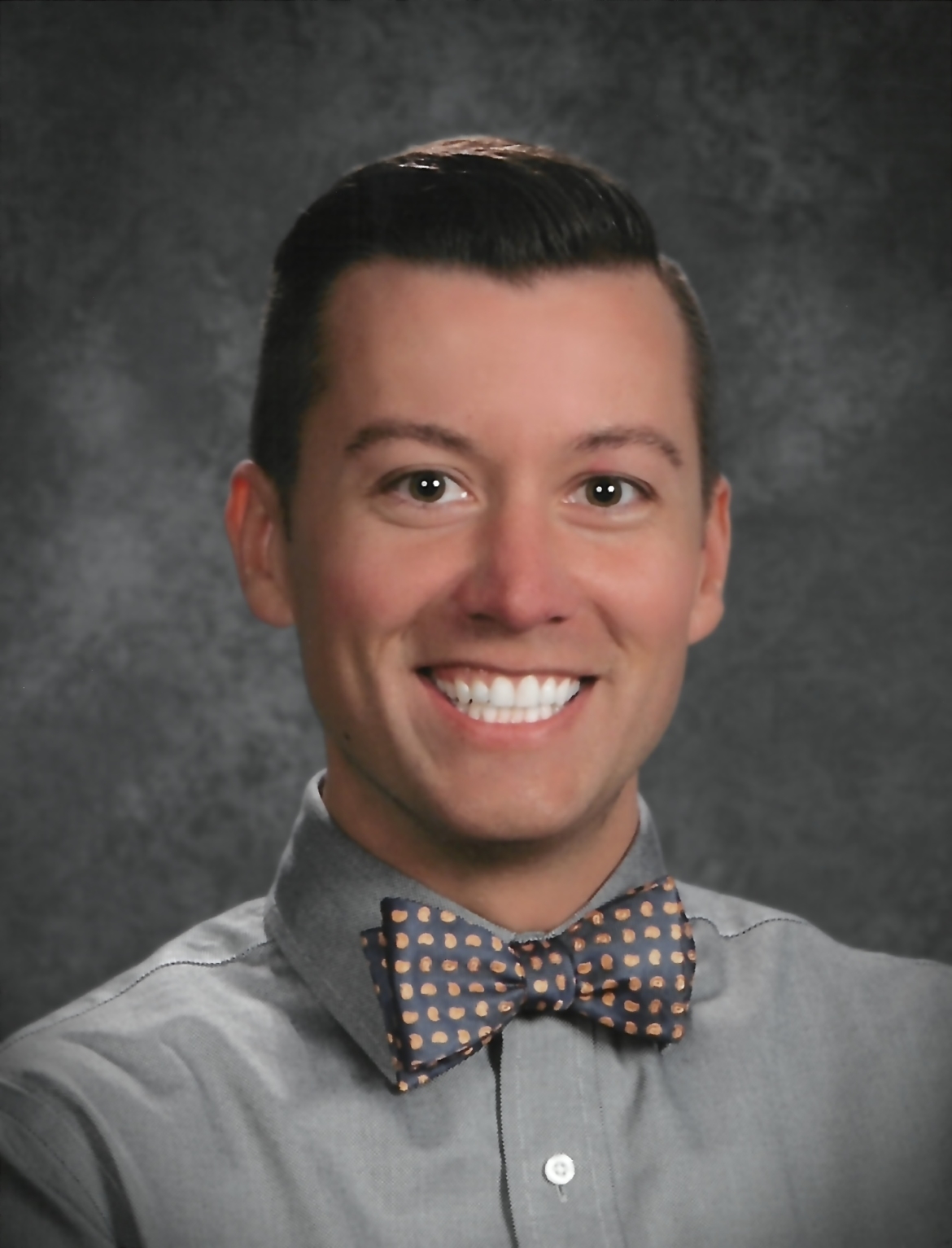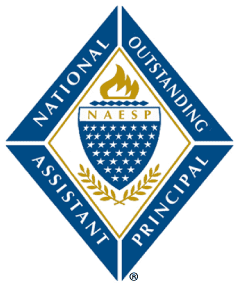
Derek L. Voiles
Lincoln Heights Middle School
Morristown, Tennessee
voilesd@hcboe.net
Best Practices
1) Professional Learning Communities: In the words of the great Robert Eaker, “Willy Nilly doesn’t work here anymore.” This realization led to a strategic shift at Lincoln Heights Middle School approximately three years ago.
The LHMS of the past was a building full of energetic teachers, whole heartedly well-intentioned, and willing to work hard for students. LHMS, a Title 1 school, overflowed with diversity and several students with identified learning differences. Teachers would “meet them where they are,” providing each child with love and encouragement, beaming with pride when one would succeed. However, conversations concerning student success revealed that teachers were operating as independent contractors with a shared love of Lincoln rather than the shared belief of high quality and research based instructional practices. In other words, things were a bit “Willy Nilly.”
Over time, the lack of a cohesive vision became apparent as administrators weaved in and out of Lincoln. Data remained stagnant, failing to reach the levels of the affluent schools in the district and indicating large gaps for traditionally underserved populations. Principal Dr. Jamie Greene and I, the new administrative team, had a different vision; a vision in which all students could succeed, and the backgrounds and demographics of the student body were no longer an obstacle. We were determined to provide engaging, on-grade level work for every student, every day.
After several months of developing our own understandings of the PLC at Work process, Dr. Greene and I began reorganizing our school to move toward being a learning community. We immediately saw a visible a shift from planning lessons to intellectual planning sessions. We implemented walk-throughs and feedback sessions, and the PLC process became the framework for high-quality instruction materials, measuring student progress, and adjusting practices in response to student learning.
Dr. Greene and I noted the need to make bold changes to the school schedule to facilitate the work of the collaborative teams. Planning times were rearranged and protected to ensure teachers were provided daily work time. Professional development was provided at the school level to ensure all staff understood the basic tenets of the PLC process. Collaborative teams curated and kept a PLC notebook to house meeting information, common formative assessments, data analysis artifacts, and weekly team reflections on how the four questions drive the work. All team members became accountable to the work and processes, and shared understandings and work can be archived and assessed.
As administrators, we believe it is important for us to always ensure we are focused on doing the “right work” as we reset our expectations and practices. Administration and the Instructional Facilitator continue to meet with each collaborative team individually to do PLC checkups and next steps for each team to ensure we are constantly reflecting and strengthening the work moving forward. Today, LHMS is still filled with energetic teachers, whole heartedly well-intentioned, and willing to do the right work for students.
2) Lincoln Promise: A guiding principle of my daily work is preparing our students for postsecondary and career success. I wish for Lincoln Heights Middle Schools students and their families to have the knowledge required to make informed decisions about the high school and postsecondary options available to them. As an assistant principal, I am honored to help students and families navigate this process and explore the many available options. At Lincoln Heights Middle School, we do this work through a program called Lincoln Promise. Lincoln Promise was created to imitate key components of the Tennessee Promise college advising program.
Many of our students come from homes where parents are unemployed or have base-pay or minimum wage jobs. The goal of Lincoln Promise is to teach students and parents about the local workforce and how to begin preparing for college and career. This program involves all 8th grade students and their parents and lasts through the spring semester. Participation in the program introduces students and parents to postsecondary pathways, both college and career, Career Pathways and Academic Plans for high school, as well as Tennessee Promise requirements and opportunities. Students can meet with local industry leaders, tour the local TCAT, complete community service requirements, attend a job fair with local advanced manufacturers, and visit a community college and a four-year university. Additionally, we host a soft-skills seminar with local business leaders and community members for students to practice intrapersonal skills necessary to postsecondary success. Completers of the Lincoln Promise program are invited to attend a Dining with the Future Banquet, where local industry and business leaders dine with students and discuss high school internships and future career opportunities.
At the end of their 8th grade year, each student and their parent(s) or guardian(s) meet individually with high school staff members and us to discuss the transition to high school, decide on a focus area for elective classes, develop a coursework plan for high school, and enroll in appropriate classes. Often the most powerful moments come during the transition planning process when parents tell us about the goals have for their child, allowing us to discuss possible high school and postsecondary options.
So far this year, our 8th graders have met with admissions counselors with our local community college and toured campus. They have begun developing a high school academic career plan using the Major Clarity online platform. Our goal is that 100% of our 8th graders and their parents will attend high school registration with a general postsecondary plan, pre-selected
CTE or elective courses for all four years, and a four-year vision of their high school coursework.
I take great pride in working with parents and advocating for the success of their children. It’s our promise to do all we can to make sure they are informed and prepared for the next stage in their educational journey.


